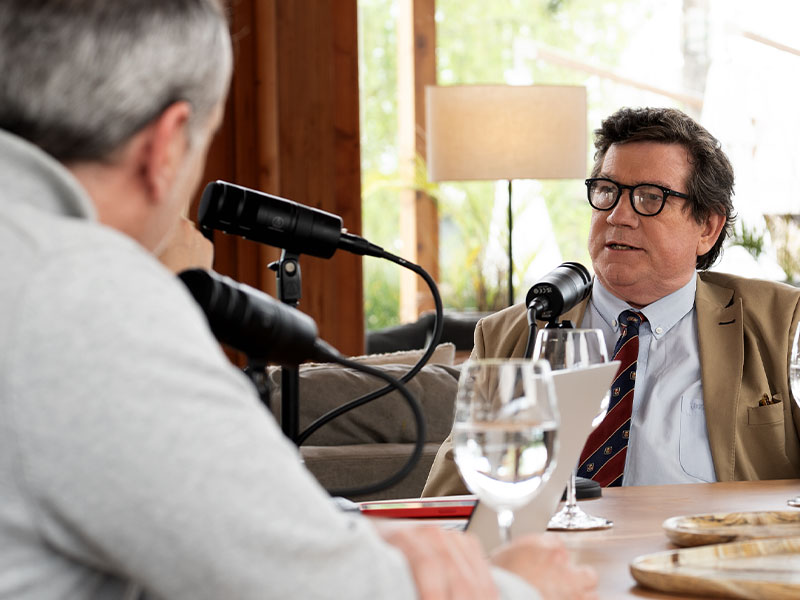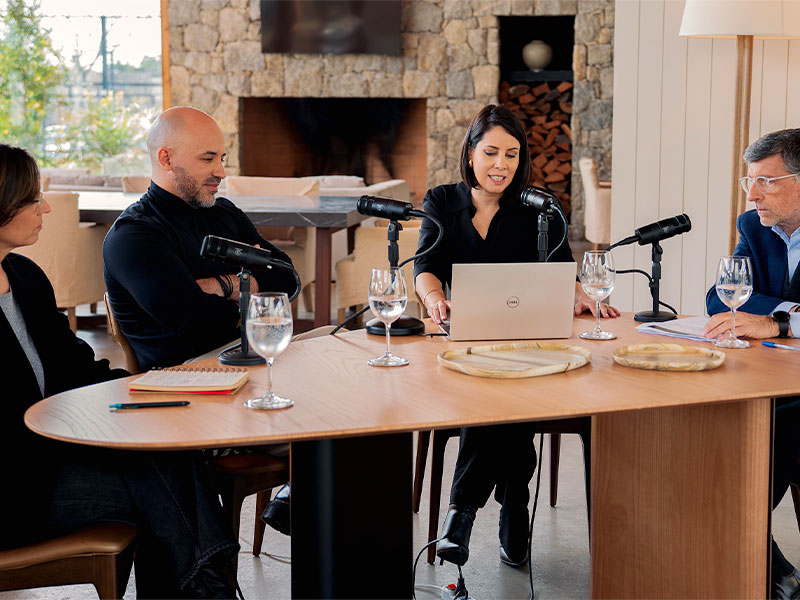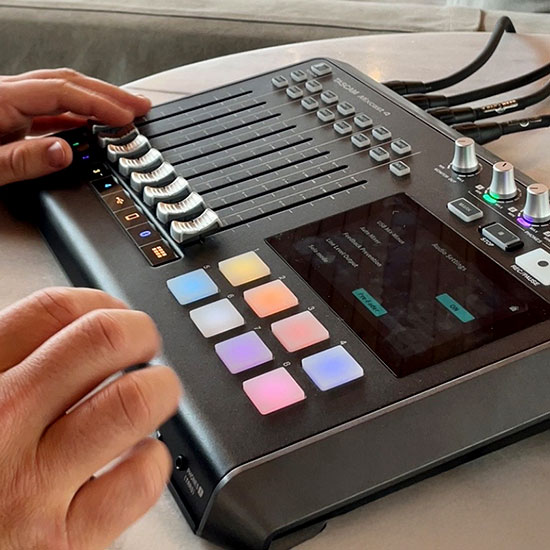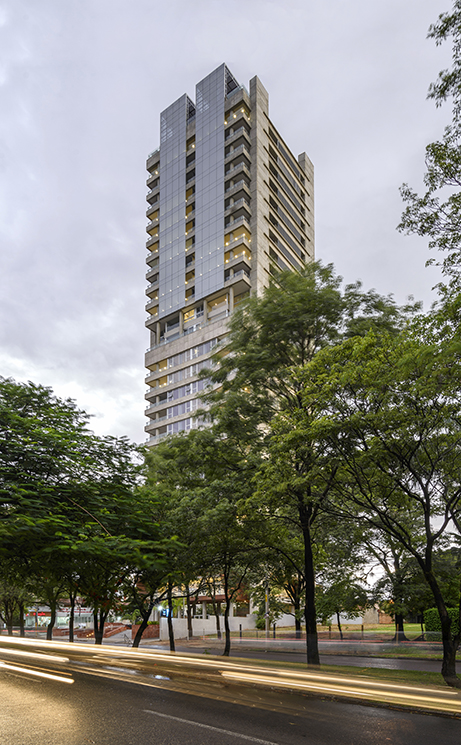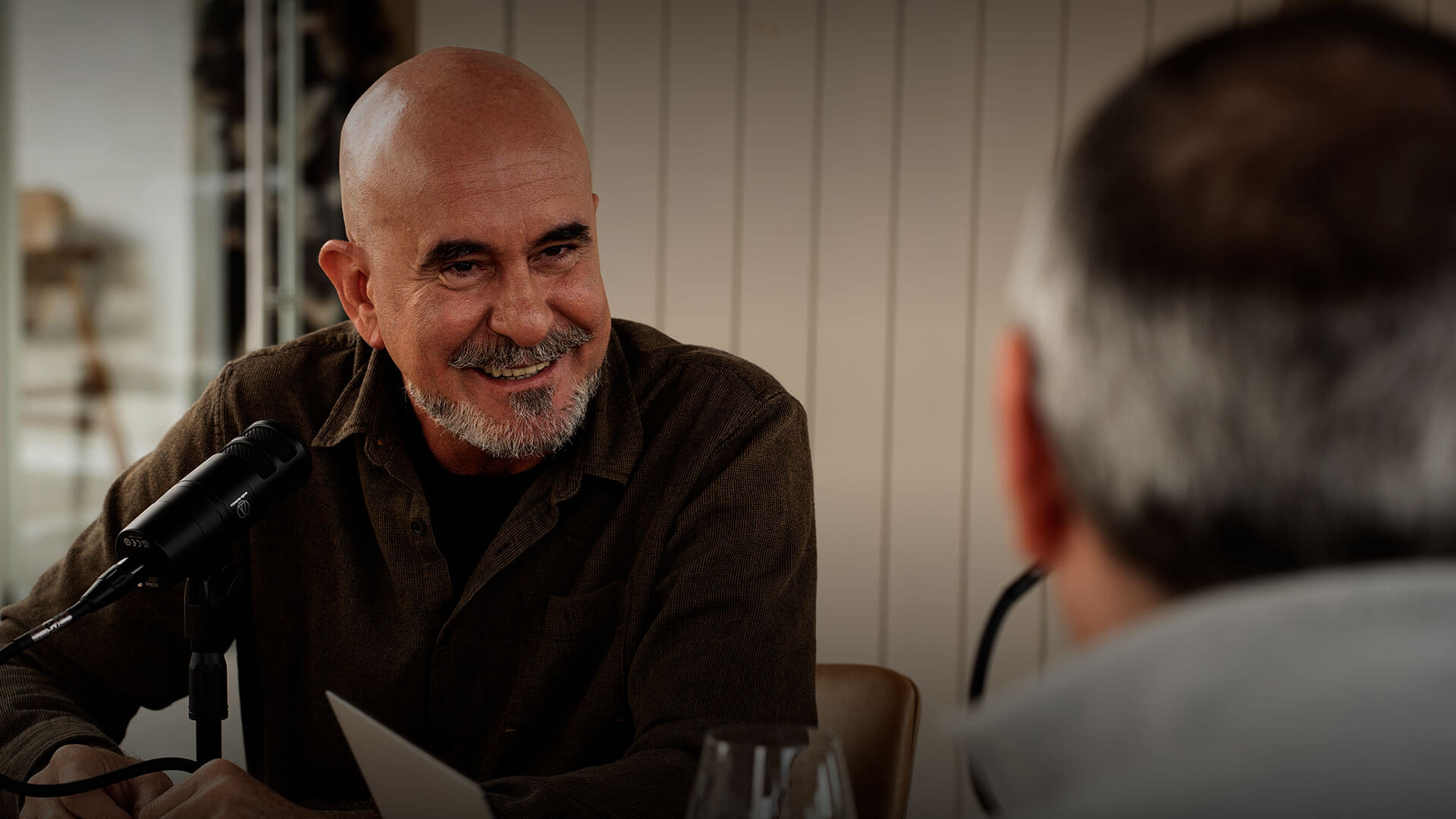

Reading Time: 6 minutes
Published: 20/01/2025
GP Talks, the video podcast produced by Gómez Platero Architecture and Urbanism, has released its fourth episode, titled "Smart(er) Cities: Resilient Urban Planning." Hosted by journalist Malena Castaldi, the series explores the challenges and opportunities cities face in an ever-changing world. This episode features architect Marcelo Danza, Dean of the Faculty of Architecture, Design, and Urbanism at the University of the Republic of Uruguay, and Arturo de los Santos, Director of Preliminary Design at Gómez Platero Architecture & Urbanism.
The discussion begins with a compelling statistic: by 2050, the United Nations estimates that 68% of the global population will live in urban areas. This rapid urbanization raises critical questions about how to plan, adapt, and expand cities in a way that is both sustainable and inclusive. Throughout the episode, the guests share their insights on the evolution of cities, the interplay between urban and natural environments, and the role of technology in shaping smart cities.
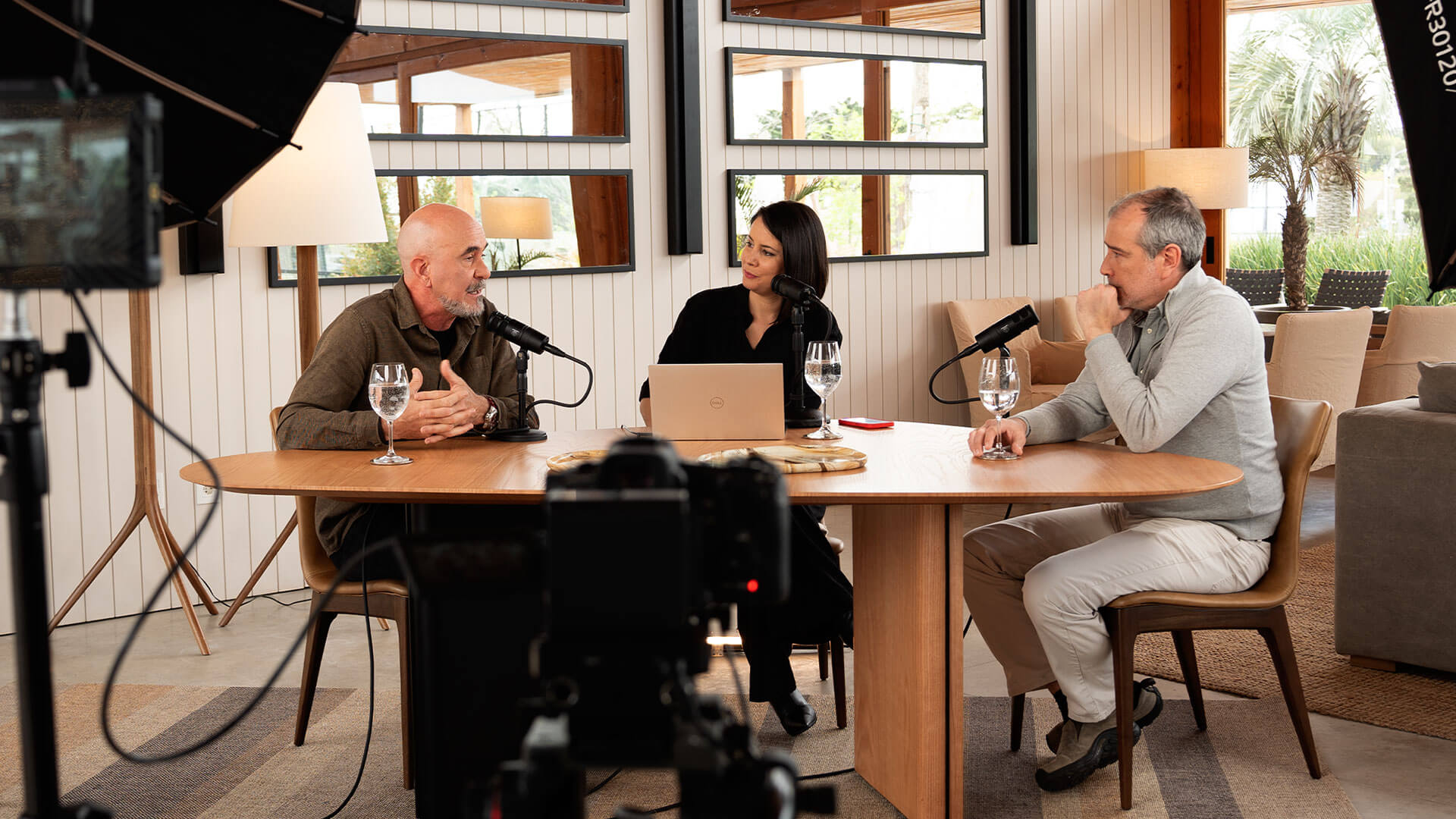
The City as a Living Organism
Marcelo Danza emphasized the dynamic nature of cities, describing them as ever-evolving entities rather than static structures. "Cities are constantly changing. We often perceive them as unchanging because our lives are short compared to their history, but they are in a continuous process of transformation," he explained. Danza also stressed the importance of a political and cultural approach to urban challenges: "This growth demands significant political commitments and a mindset that places people and ecosystems at the center."
Arturo de los Santos offered a complementary perspective, describing the city as a "collective, diverse, and layered artifact," where each generation leaves its mark. "When we talk about building a city, we’re really continuing a narrative that already exists, adapting it to cultural, technological, and social transformations," he said. De los Santos also highlighted the importance of viewing the city as an ongoing experience: "We don’t just inhabit a place; we inhabit the city as a whole—in every journey, in every interaction."
Smart Cities: Beyond Technology
The concept of "smart cities" was a central theme of the episode. Arturo de los Santos argued that while technology is a powerful tool, the real challenge lies in reconnecting with foundational intelligences, such as geography and the natural environment. "When cities were originally founded, proximity to natural resources was key. Today, we’ve lost that essential connection to place," he observed. He also emphasized that technology should be used to optimize resources and improve quality of life, but always within a framework of social agreements and sustainability.
Marcelo Danza expanded on this idea, noting that technology must integrate with a city’s history and symbolism. "Cities aren’t built from scratch; they are layers of time and culture. Technology should help us manage resources more effectively while respecting this symbolic accumulation," he said. Danza also reminded listeners that despite rapid technological advancements, cities remain deeply human and, at their core, primitive spaces.
Rethinking Urban Connectivity
Mobility, a cornerstone of urban development, was another key topic of discussion. Arturo de los Santos argued that mobility should not only be efficient but also part of a cohesive urban experience. "A significant portion of our time is spent on mobility, and it’s becoming increasingly inefficient—more time, more congestion. This is a social agreement we need to rethink," he said.
Marcelo Danza reflected on how mobility has historically shaped cities. "Mobility has played a fundamental role in the expansion and cultural evolution of cities," he noted. However, he cautioned against the challenges posed by modern transportation systems: "The rise of the automobile has overwhelmed cities, even those designed after its invention. This forces us to rethink mobility from economic, social, cultural, and political perspectives."
Balancing Preservation and Transformation
The tension between preserving urban heritage and planning for the future was another focal point of the conversation. Marcelo Danza underscored the importance of densifying existing cities to prevent unchecked expansion: "Preserving the buildings and symbols we have is crucial, but we also need to create new ones. If we fail to do so, it reflects the political and cultural moment we’re living in."
Arturo de los Santos agreed, emphasizing that "architecture is a discipline of transformation, not preservation. What we must preserve is culture, but we should use it as a foundation to transform our cities." Both guests highlighted the importance of public spaces as essential meeting points, which should be reimagined to blend the urban, natural, and symbolic.
Cities of Tomorrow
This episode of GP Talks serves as an invitation to reflect on the role of humanity and architecture in shaping cities that are more equitable, sustainable, and human.
In a world where cities are the "corners of the world," as de los Santos described them, the challenge lies in creating spaces that not only address the needs of the present but also anticipate the demands of the future.
The full episode of GP Talks is available on YouTube and Spotify.
Learn more about the video podcast here.

